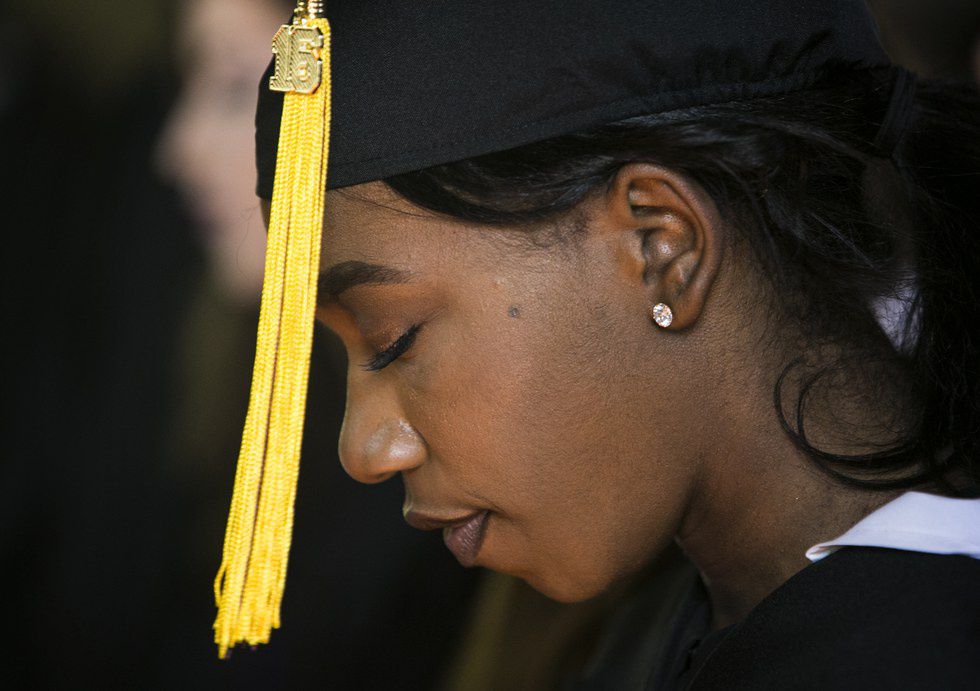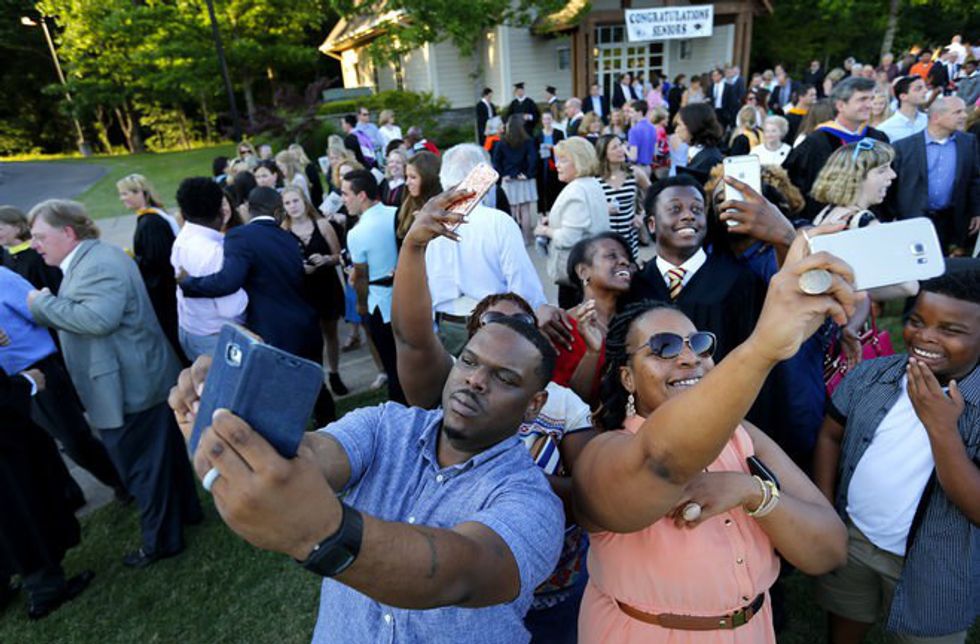I am from Memphis, Tennessee. A city at the very end point of the state of Tennessee. Going to Hampton University made me realize just how few people know of Memphis unless they have been there before or have family there, and they fail to realize that Memphis is a city just like their own hometown. Just like any other city Memphis holds its own racial, social, and stereotypical divides. Most times these divides are passive, but make a huge impact on certain areas of the city, such as poverty ridden and predominantly African American areas. Which then impact performances in the school systems and determine which schools students are allowed to go to.
Here in Memphis, one school decided to conduct an experiment just to bring some integration into a predominantly white school. Nineteen African American students were selected to attend St. George's Independent School in Collierville from pre-K until the 12th grade. St. George's is a predominantly white school that is very expensive and is known as one of the best college preparatory schools in Memphis. These students had to adjust to the different environments and personalities they were forced to attend school on a full scholarship over a course of 10 plus years. Out of the nineteen only five students actually made it to their graduation day: Donovan Borum, Zearius Jenkins, Autumn Jones, Paige Madison, and Erica Stevenson.
These students were the surviving five through years of exclusion, a vigorous course load, and years of being the minority in the majority. Although the other fourteen were not able to make graduation with them that does not mean they could not do it, other obstacles got in their way. The most trying situations were their tough course loads and their tough environments the students were placed in. Being surrounded by majority white students did not bring the easiest social life for most of the chosen students to attend St. George's. Zearius Jenkins explained, "I have not fully experienced the high school experience. Socially, for instance, my classmates do a lot of outings together. They go on vacation together. When they go to parties, they go to parties together. We are not part of that." Although Jenkins and his classmates were there to get the same education he still felt singled out from the rest and feels his social life is not how it could be. The nineteen students also mostly left because of the course load. One student by the name of Alex Carlton was forced to leave after her scholarship was revoked after her seventh grade year. An administrator told Carlton's mother "She is struggling in math. I don't want her to go to summer school because that would devastate her." On the contrary, going to summer school would be able to keep St. George's experiment alive with as many students as possible, but Alex Carlton's mom stated, "My feeling was if they didn't want her, I didn't want her to be there." This year Alex Carlton graduated from Southwind high school. It was hard for her to have to leave a school she had practically grown up in, leaving all her friends and familiar faces behind, but eventually Carlton had to cope with the school change.
Overall this experiment seems like a great idea, but at what cost? The article in the newspaper talked about a lot of the student's confusion on where they planned to attend college, and the disappointment at not being able to attend their first choice. Some of the African American students explained how the experiment felt a little socially secluding. Other students left because they wanted a different view on life and a different environmental setting. It is sad that experiments like this are even still being conducted. Especially with teenagers of the African American race. If their parents can afford to send them to a school like St. George's any child of any race could get in and succeed without having to conduct any experiment. The amount of money each child's parents pay for them to attend St. George's is going towards the environmental setting. Their money goes beyond the education. The money brings better buildings, better food, better facilities, and more.
These 19 students should not be the deciding factor of whether an African American student could achieve under a rigorous course load. Each of those students are unique individuals that think, act, and live differently. Some could do it, some could not. But take nineteen more, and put them in the same exact situation and there will most likely be different results every time. Hopefully those nineteen students, although being in an experiment, were seen as more than just experiment marks, and actual people that want to learn, grow, and achieve throughout every day of their life.






















